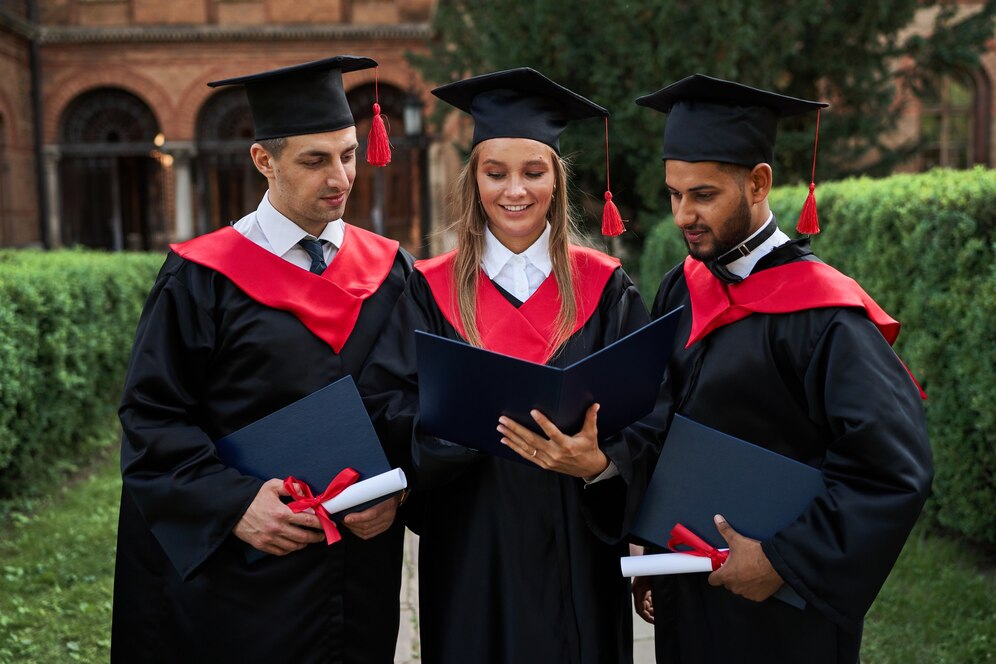Expanding Your Worldview
One of the most exciting parts of studying abroad is the chance to experience new cultures firsthand. When you immerse yourself in a different environment, you see the world from a fresh perspective. It’s not just about trying new foods or visiting famous landmarks; it’s about understanding how people from other cultures think and live. This global exposure opens your mind to new ideas, values, and ways of life that you might not encounter back home.
Studying abroad also introduces you to diverse educational systems. You get to see how other countries approach learning, which can be quite different from what you’re used to. Whether it’s the teaching style, classroom setup, or student-teacher interactions, you’ll gain insights into various learning methods. This experience can be eye-opening and inspire you to adapt new study habits or learning techniques that benefit you in the long run. Plus, it makes you more adaptable and open-minded, which are valuable skills in any career.



